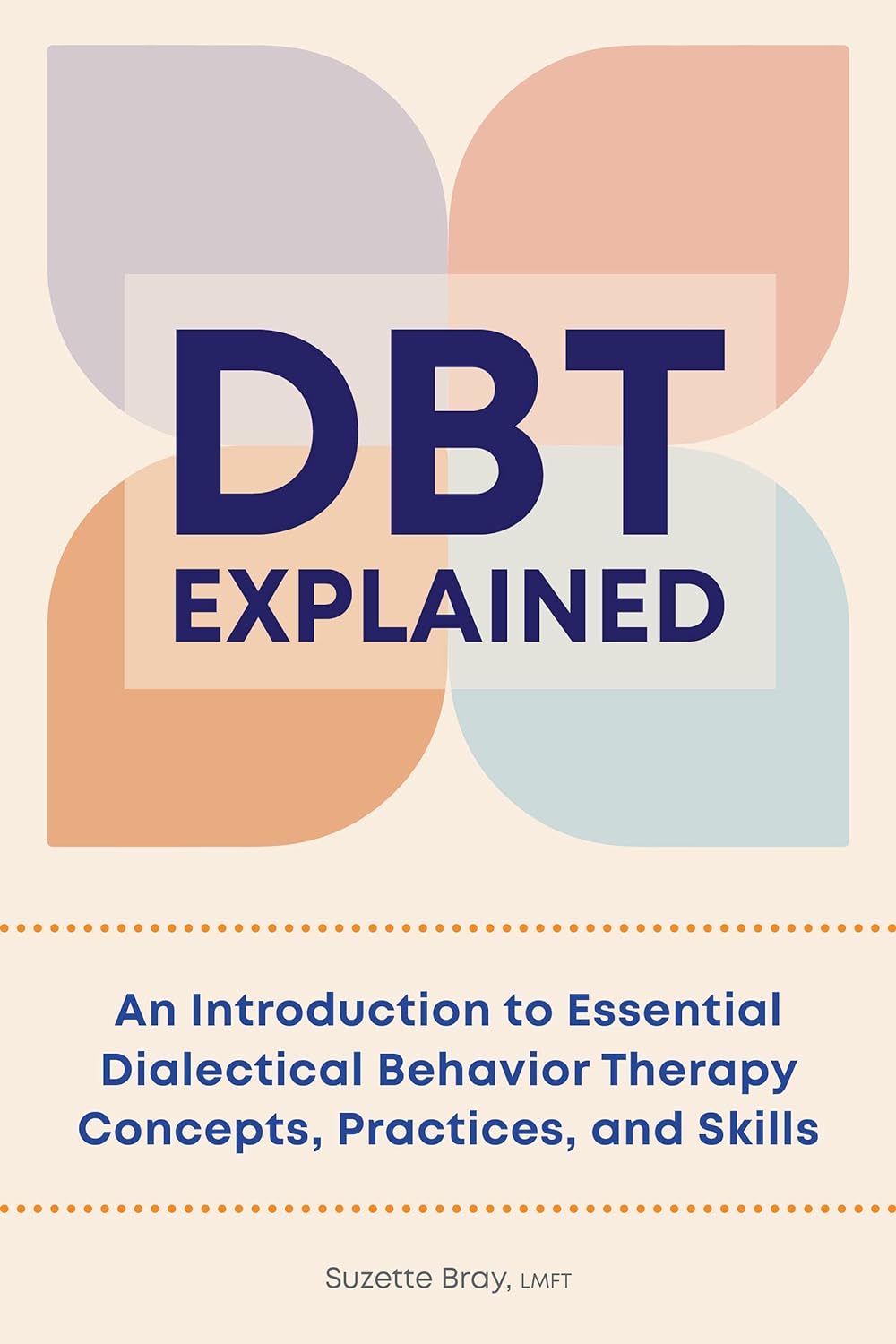Taking Advantage Of the Power of Dialectical Practices Therapy (DBT) Services for Lasting Emotional Balance and Improved Relationships
In a world where emotional well-being and keeping healthy and balanced partnerships are important components of a fulfilling life, the application of Dialectical Behaviour Treatment (DBT) solutions has actually emerged as a beacon of hope for many people. The structured and evidence-based technique of DBT provides a pathway towards sustainable psychological equilibrium and enhanced communications with others.
Understanding the Core Principles of DBT
Dialectical Behavior Treatment (DBT) is started upon a collection of core principles that underpin its therapeutic approach to promoting emotional equilibrium and emotional wellness. One of the basic concepts of DBT is dialectics, which emphasizes the synthesis of seemingly contrary concepts to come to a more well balanced point of view. This includes recognizing and approving the oppositions and tensions within oneself, resulting in a higher sense of consistency and understanding. Mindfulness is another core concept of DBT, concentrating on being totally existing in the minute without judgment. By cultivating mindfulness, individuals can establish a heightened recognition of their feelings, thoughts, and habits, enabling better self-regulation and emotional control.
Recognition is likewise integral to DBT, highlighting the significance of approving and acknowledging one's experiences and feelings as legitimate. With recognition, individuals can discover to navigate their sensations with empathy and understanding, fostering self-acceptance and emotional development. Behaviorism plays an essential function in DBT, stressing the modification of maladaptive actions through support and skill-building. By including these core principles right into therapy, DBT offers a reliable and comprehensive method to advertising psychological well-being and psychological durability. DBT London.
Developing Emotional Policy Skills
Emotional law abilities are crucial parts of Dialectical Habits Therapy (DBT) that allow individuals to properly handle their emotions and browse tough situations with resilience. These abilities include the ability to identify and comprehend one's emotions, tolerate distress, regulate extreme sensations, and act based on individual values even despite psychological turmoil. Creating emotional law abilities entails discovering mindfulness techniques to remain present in the minute, recognizing the triggers that result in emotional dysregulation, and carrying out coping techniques to regulate emotional responses.

With DBT solutions, individuals can cultivate a much deeper awareness of their feelings, recognize patterns of habits that add to emotional distress, and obtain functional tools to manage their sensations constructively. By developing these abilities, people can enhance their psychological knowledge, boost impulse control, and foster healthier connections. Inevitably, mastering psychological regulation results in better psychological security, increased positive self-image, and an increased capability to browse life's obstacles with calmness and adaptability.
Enhancing Interpersonal Effectiveness

One secret component of enhancing interpersonal performance in DBT is finding out to recognize and handle emotions in social interactions (DBT London). By enhancing emotional understanding, people can reply to others in a more compassionate and understanding method. Additionally, DBT stresses the significance of exercising mindfulness in social partnerships, urging people to be present in their interactions and completely involve with others
Exercising Mindfulness Techniques
Creating a consistent mindfulness technique is vital for individuals undergoing Dialectical Actions see this page Therapy (DBT) to cultivate emotional guideline and improve their interpersonal performance. Mindfulness methods, a core part that site of DBT, entail paying interest to today minute without judgment. Through mindfulness, people can end up being extra knowledgeable about their thoughts, feelings, and bodily experiences, allowing them to react to scenarios with better clarity and control.

Another essential aspect of practicing mindfulness in DBT is the concept of radical approval. Radical approval entails totally welcoming fact as it is, also when it is hard or uncomfortable. By accepting today moment without judgment, people can decrease their suffering and include positive adjustment.
Using DBT Approaches in Day-to-day Live
Building upon the foundation of mindfulness strategies such as meditation and radical approval, people can incorporate DBT approaches into their everyday lives to promote psychological balance and enhance their social abilities. Additionally, interpersonal efficiency abilities taught in DBT can aid people connect their needs assertively, set limits, and preserve healthy and balanced relationships. By regularly using these DBT approaches in daily life, individuals can experience sustainable emotional equilibrium and enhance their general health.
Conclusion
To conclude, taking advantage of the power of Dialectical Practices Therapy (DBT) solutions can result in sustainable emotional equilibrium and enhanced relationships. DBT London. By understanding the core concepts of DBT, creating emotional guideline skills, boosting interpersonal effectiveness, practicing mindfulness techniques, and using DBT techniques in every day life, individuals can experience considerable enhancements in their general wellness and connections. The all natural approach of DBT provides important tools and techniques for managing emotions and constructing healthier links with others
Psychological guideline skills are necessary components of Dialectical Behavior Treatment (DBT) that make it possible for people to successfully manage their emotions and navigate difficult situations with resilience.Via DBT solutions, individuals can grow a much deeper recognition of their feelings, acknowledge patterns of behavior that add to emotional distress, and acquire sensible devices to control their feelings constructively.Creating a constant mindfulness practice is essential for people going through Dialectical Habits Treatment (DBT) to cultivate emotional guideline and enhance their social efficiency.Building upon the structure of mindfulness methods such as meditation and extreme acceptance, people can integrate DBT approaches right into their daily lives to promote emotional equilibrium and enhance their interpersonal skills. By recognizing the core principles of DBT, creating emotional regulation skills, boosting social performance, practicing mindfulness strategies, and using DBT strategies in everyday life, individuals can experience considerable improvements in their total health and connections.
Comments on “Changing Lives: DBT London's Holistic Strategy to Recovery”